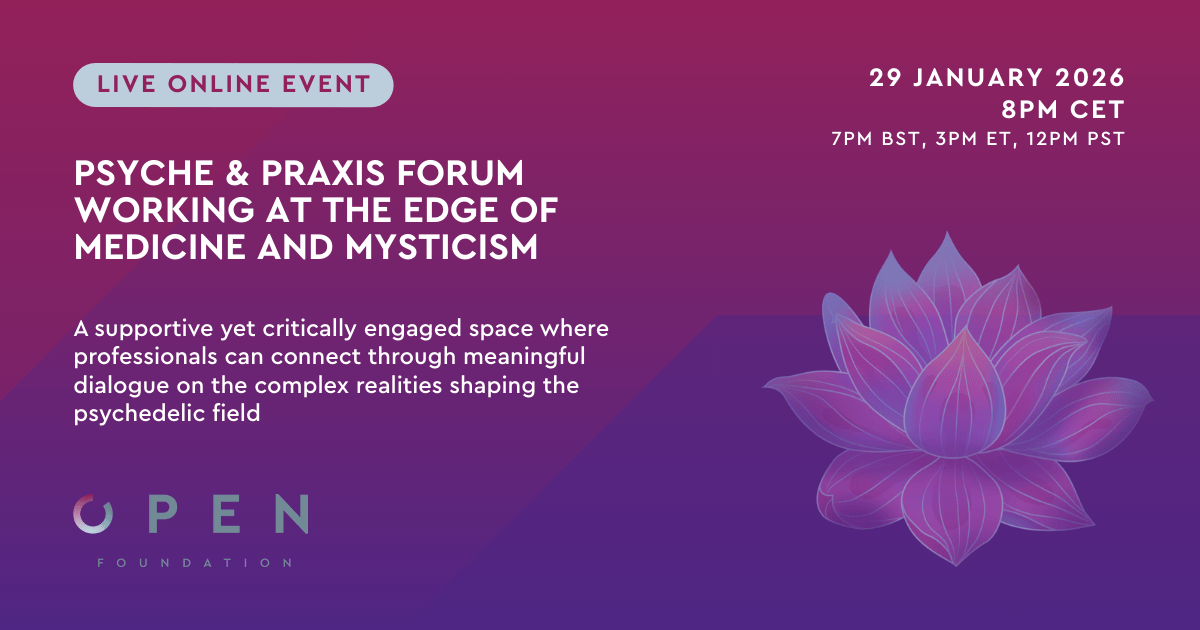Abstract
BACKGROUND:
Recent studies demonstrating a rapid, robust improvement in treatment resistant depression (TRD) following a single sub-anesthetic infusion of ketamine have generated much excitement. However, these studies are limited in their generalizability to the broader TRD population due to their subject exclusion criteria which typically limit psychiatric comorbidity, concurrent medication, and level of suicide risk. This paper describes the safety and efficacy of sub-anesthetic ketamine infusions in a naturalistic TRD patient sample participating in a real-world TRD treatment program within a major university health system.
METHODS:
The effects of a sub-anesthetic dose (0.5mg/kg) of ketamine infused IV over forty minutes on TRD patients participating in a treatment program at the University of California, San Diego was investigated by retrospectively analyzing the medical charts of 41 adult TRD patients with a diagnosis of Major Depressive Disorder (MDD) or Bipolar Disorder (BD).
RESULTS:
Subjects were aged 48.6, 78% white, 36.6% female, and 82.9% had MDD. Significant psychiatric comorbidity existed in 73%. Average pre-infusion BDI score was 32.6 ± 8.4 (S.D) and dropped to 16.8 ± 3.1 at 24-h post-infusion (p < 0.001). The 24-h response (≥ 50% reduction from pre-infusion) and remission (BDI <13) rates were 53.7% and 41.5%, respectively. Three quarters of responders maintained responder status at 7-days. Ketamine infusions were well tolerated with occasional nausea or anxiety and mild hemodynamic effects during the infusion.
LIMITATIONS:
Retrospective nature of this study, lack of control group and use of self-report depression ratings scales.
CONCLUSIONS:
This is the first published study of sub-anesthetic ketamine infusions in a real-world TRD population. The results suggest that this treatment is effective and well tolerated in this population.
Feifel, D., Malcolm, B., Boggie, D., & Lee, K. (2017). Low-dose ketamine for treatment resistant depression in an academic clinical practice setting. Journal of affective disorders, 221, 283-288. 10.1016/j.jad.2017.06.043
Link to full text
Recent studies demonstrating a rapid, robust improvement in treatment resistant depression (TRD) following a single sub-anesthetic infusion of ketamine have generated much excitement. However, these studies are limited in their generalizability to the broader TRD population due to their subject exclusion criteria which typically limit psychiatric comorbidity, concurrent medication, and level of suicide risk. This paper describes the safety and efficacy of sub-anesthetic ketamine infusions in a naturalistic TRD patient sample participating in a real-world TRD treatment program within a major university health system.
METHODS:
The effects of a sub-anesthetic dose (0.5mg/kg) of ketamine infused IV over forty minutes on TRD patients participating in a treatment program at the University of California, San Diego was investigated by retrospectively analyzing the medical charts of 41 adult TRD patients with a diagnosis of Major Depressive Disorder (MDD) or Bipolar Disorder (BD).
RESULTS:
Subjects were aged 48.6, 78% white, 36.6% female, and 82.9% had MDD. Significant psychiatric comorbidity existed in 73%. Average pre-infusion BDI score was 32.6 ± 8.4 (S.D) and dropped to 16.8 ± 3.1 at 24-h post-infusion (p < 0.001). The 24-h response (≥ 50% reduction from pre-infusion) and remission (BDI <13) rates were 53.7% and 41.5%, respectively. Three quarters of responders maintained responder status at 7-days. Ketamine infusions were well tolerated with occasional nausea or anxiety and mild hemodynamic effects during the infusion.
LIMITATIONS:
Retrospective nature of this study, lack of control group and use of self-report depression ratings scales.
CONCLUSIONS:
This is the first published study of sub-anesthetic ketamine infusions in a real-world TRD population. The results suggest that this treatment is effective and well tolerated in this population.
Feifel, D., Malcolm, B., Boggie, D., & Lee, K. (2017). Low-dose ketamine for treatment resistant depression in an academic clinical practice setting. Journal of affective disorders, 221, 283-288. 10.1016/j.jad.2017.06.043
Link to full text











